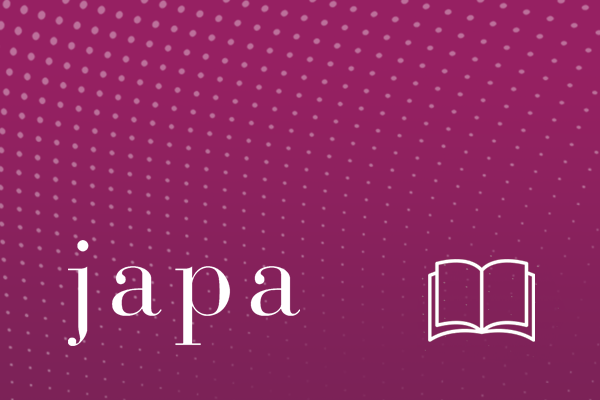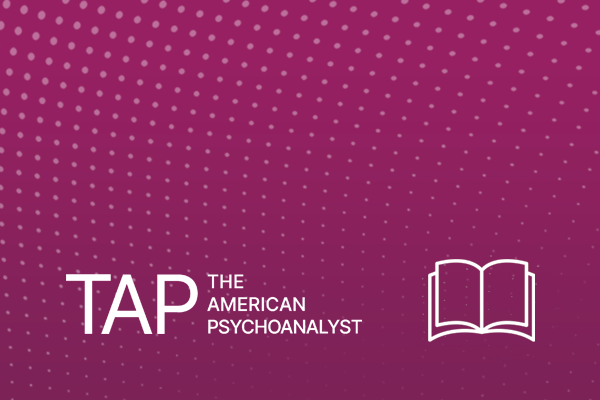New, Resubmitted, and Competing Continuation applications require the following:
Research plan:
This section should provide a clear account of no more than 12 (14 if a resubmission) single spaced pages (no less than 6 pt character height) with R, L, top and bottom margins minimally 0.5 inches and font no more than 15 characters per inch. Except where noted, this page limit includes all sections detailed below. Tables and figures are included in the page limit. The name of the applicant should appear in the top R hand corner of every page and pages should be consecutively numbered with the face page as page #1. Applications failing to meet these formatting criteria will be returned without review.
The research plan should use the following outline and include these major categories as sectional headings:
- Abstract of the proposed project:
On one page or less provide a succinct summary of the proposed project (300 words or less). This summary should also address the significance of the project for psychoanalysis. Note that this summary will be posted on the website and circulated in published materials from the Fund for those applications awarded grants so please be sure the abstract clearly conveys the scope of the research, career, or consultative request.
- Response to previous reviews (if applicable):
If this application is a resubmission to the Fund, the applicant should provide a detailed statement regarding responses to the previous critiques and indicate where in the research plan these revisions may be found. Also indicate in the research plan through underlining, bold or italic types where major revisions have been made. Note that reviewers will have available the previous critiques and the previous applications. Applicants may take up to two pages to respond to the previous critiques. Please note that these two pages are not included in the 12 page maximum for the research plan but are rather in addition. Resubmitted applications failing to include this section will not be reviewed.
- Specific Aims of the project (suggested one page maximum):
IInclude the broad goals as well as the specific goals of the project. For research proposals, the specific aims are a section in which applicants may indicate their primary study hypotheses. The application should state concisely the goals of the proposed research and summarize the expected outcome(s), including the impact that the results of the proposed research will have on the field. It should also list succinctly the specific objectives of the research proposed, e.g., to test a stated hypothesis, create a novel design, challenge an existing paradigm or clinical practice, or address a critical barrier to progress in the field.For career/consultative award applicants, this is the section to succinctly state goals for further career development or for the specific consultation.
Significance – The application should explain the importance of the problem or critical barrier to progress in the field that the proposed project addresses.Explain how the proposed project will improve scientific knowledge, and/or clinical practice. Describe how the current theoretical, research or clinical practice paradigms that drive this field will be changed if the proposed aims are achieved.
Innovation – Describe any novel theoretical concepts, methodologies, or interventions to be developed or used, and any advantage over existing methodologies, or interventions
- Background (suggested two pages maximum):
For research proposals and requests for small consultative grants, include a documented brief review of the relevant literature and the current status of the proposed research in terms of this literature. For career award applications, include a scientific/psychoanalytic investigative biography that details the candidate’s investigative career, themes of interest, and future goals.For details of ongoing research, include in next section labeled preliminary studies or progress report.
- Preliminary studies/progress report (suggested two pages maximum):
For research or consultative grants: Give a clear and sufficient account of how the project will be carried out, including the research design, sample selection and recruitment, procedures, measures (if relevant), a time schedule for completion. For consultative grants, be explicit regarding the goals of the consultation and how this will facilitate a research plan. For small pilot data grants, also be explicit how the small amount of funding will facilitate the proposed research. It is crucial that this section include a plan for data analysis that is more detailed than “data will be submitted to appropriate statistical procedures”. Details, preferably linked back to the study goals or hypotheses, regarding specific data analytic strategies should be addressed.For career-award applications: Outline here the details of the educational, mentoring plans to enhance the candidate’s career. These plans may include seminars, working in another investigator’s research program, learning a particular method, helping analyze data, co-teaching a research seminar, etc. Note that applicants may also propose a research project as a part of their career development award. The research should be feasible given the time and amount of funding. The candidate also needs to be clear in this section how this award will free up the candidate’s time to further his/her research career. A simple statement such as “see fewer patients” or “have fewer administrative duties” will not suffice; the applicant needs to be clear about the exact details of what he/she will be able to replace or “buy out of” with this award.
- Methods or Scientific Plan:
If relevant preliminary studies have been completed or are in progress, please describe. If this is a competing renewal application (e.g., an application for another one to two years of funding), a detailed report of the accomplishments for the prior period supported by the Fund is required. Competing renewal applications not containing this progress report will not be reviewed.
- References Cited:
This section is not included in the 12/14 page maximum and should include all relevant literature cited in the application. No page limit is given for this section.
- For Career and Consultative Applications Only:
Applicants are asked to provide letters from their identified mentors and/or the investigators with whom they will be consulting regarding their agreements to serve in these capacities. For career award, the mentor letter should also address the candidate’s promise as an independent investigator. These letters are not included in the 12/14 page limit.
- Letters of Support from Collaborators:
While these are not required, applicants may wish to have collaborators document their support and knowledge of the application. For example, an applicant may have made arrangements to recruit children from a particular clinic or school. A letter documenting the clinic’s agreement to that arrangement is useful. Or an applicant may have arranged to have interviews scored in another investigator’s laboratory. A letter documenting this agreement suggests that the applicant has definitively moved ahead on working out details of their research design.
- Human Subjects:
All applications involving research with human subjects must document human subject review board approval. A narrative should provide details about how data will be safeguarded, how subject confidentiality will be protected, and how subjects may withdraw from the study as well as request their individual data. A signed statement from a human subjects review board indicating oversight on the submitted proposal is required. (Career award applications may not require this if no research with human subjects is proposed as a part of the award.) Applications without human subjects documentation will not be reviewed.
- Environment:
In one page or less applicants should provide details about their investigative environment. If a university or psychoanalytic institute, these details should describe space available for the research, computer and data analytic facilities, etc. The applicant should provide an Institutional Assurance letter from the Grants and Contracts/Sponsored Research Office providing institutional assurance regarding the PI’s time, availability of facilities, and approval of budget including acknowledgement that no indirect costs are provided. IRB approval is required. If human subjects are involved in the proposed research, the name of the IRB board and date of approval should be provided. If the applicant is not connected with an institution, details provided should include a description of where research subjects will be seen, how data will be stored securely, and whether or not the applicant has access to research consultants and facilities.
- Appendices:
Applicants may include relevant material that could aid in evaluating the proposal such as reprints, preprints, and copies of key measures that will be used. However, the appendix should not circumvent important detail that is necessary for a clear and concise account of the research plan. Comments such as “see appendix for more details” are not acceptable while comments such as “questionnaire included in the appendix” are.



